Fighting games tend to follow trends, whether that be in terms of development, features, or gameplay. This comes from the core companies working on the biggest titles like Street Fighter, Tekken, and others being mainstay Japanese developers taking inspiration directly from each other or working together in the past.
This has become abundantly clear as figureheads like Tekken producer Katsuhiro Harada, Guilty Gear director Daisuke Ishiwatari, Street Fighter producer Shuuhei Matsumoto, and many more continue to gather for annual public discussions like the Japan Fighting Game Publishers Roundtable.
During the most recent Roundtable, the first big topic of discussion was free-to-play and how it is currently being used or could be applied to fighting games. And, while the developers didn’t shy away from the topic, it did feel like most were skeptical of the approach to publishing a fighting game as a non-premium product.
That isn’t to say the model isn’t already working for fighting games. Brawlhalla has been a big success for Ubisoft and runs a million-dollar global competitive circuit, which added a Japan Invitational for the first time this year. New titles like Warner Bros. Multiverses will bring more of a presence to this lineup too, which the developers are aware of.
Harada and several other representatives present at the most recent Roundtable made it clear they are closely monitoring Riot Games’ Project L, mainly because they predict the game will be F2P at launch and appeal to players globally.
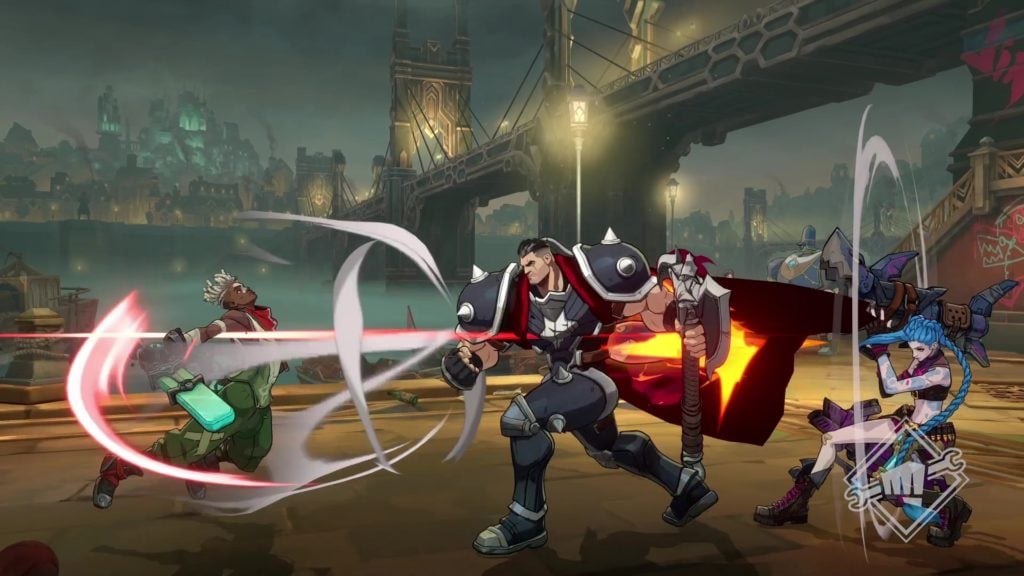
Specifically, Harada noted he is interested in how they will take that appeal and style of publishing and turn it into a business model. And, he notes, if they do it successfully, it could potentially reshape how the fighting game scene sees F2P from a developer standpoint, which is currently focused on releasing a premium product and supporting it with content down the line.
That is interesting, as Tekken Revolution was launched as an attempt by Bandai Namco to bring Tekken into a F2P space on consoles back in 2013. The game was downloaded over two million times before shutting down in March 2017, a little under four years after release, even though it received mixed reviews and was called ‘pay-to-win’ when it came to online matches due to some level-up mechanics.
Harada even brought up Tekken Revolution during the discussion, saying that, while many comments called it a failure, he and his team viewed it as more of an experiment to see what they could potentially try next. And, it appears the experiment has helped shape his opinion on F2P development, as he now wonders what models are actually viable, talking about limited-free trials, fully F2P developed games, and more.

Daisuke also brought up points from the development side, saying that, as a developer, you don’t want to worry about those things. He thinks it is important to make a good product and focus on that in the current era, and integrating all of those other components is a decision left to marketing and the business.
Sega might very well be the company to make an honest attempt with its next Virtua Fighter game, as last June’s release of Virtua Fighter 5 Ultimate Showdown saw a huge turnout thanks to being a free game for PlayStation Plus subscribers at launch. In fact, Sega had little intention of turning a profit on the project, but as a sort of half-attempt to break into the live-service market it has seen success, even in recent months, in areas like player retention and response to new content.
And, as Sega producer Seiji Aoki continues “seriously thinking about the production of the next project,” there is a strong chance it will lean into a much more upfront F2P model. Aoki even mentioned that during the Roundtable, noting that he thinks the future of the industry might be simply releasing a core body of work for free and then charging for DLC and customization options.
Virtua Fighter 5 Ultimate Showdown is actually a great example of how a fighting game could work in the F2P space too, as it already has an expansive roster but things like costumes, skins, and other cosmetic items are available to purchase separately.
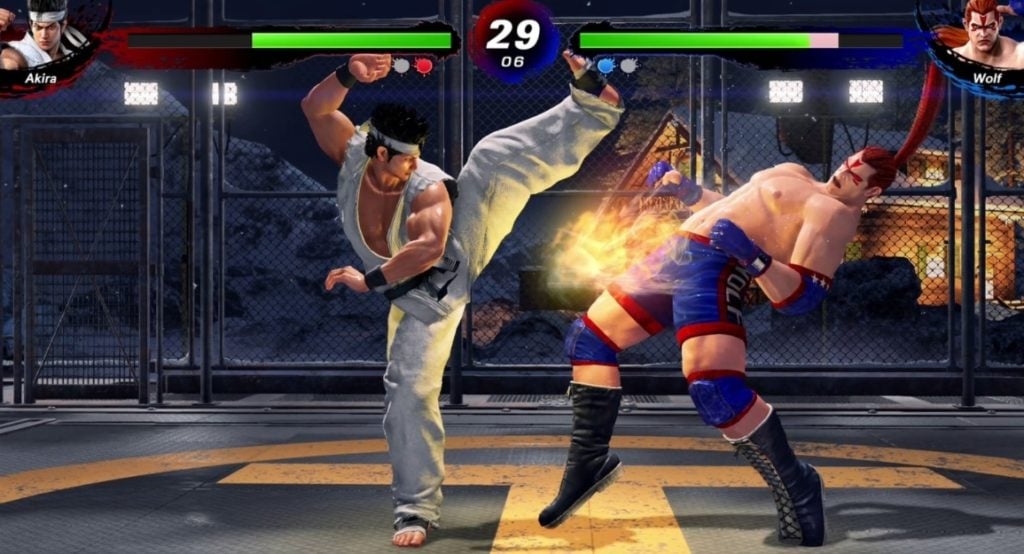
Prior to the last generation of fighting games, titles would see a sharp decline in players after the first year or two, outside of the competitive scene, because developers were limited in the ways they could provide more content to keep things fresh. Nowadays, games like Street Fighter V, Tekken 7, and Super Smash Bros. Ultimate extend their life by years because they add balance adjustments, DLC content such as characters and stages, and in some cases even reworked features and mechanics.
So, taking what Virtua Fighter 5 Ultimate Showdown has done and then adding elements like battle passes, more customizable options for fighters, and finding a way to implement DLC characters and content isn’t that far off from where we already stand.
Fighting game community (FGC) figurehead and streamer Maximilian “Maximilian Dood” Christiansen put it best when he concluded that, as soon as one Japanese developer does it and sees quantifiable success, it will open the doors and potentially shift everything about how developers approach things due to how business is done within Japan and specifically the realm of fighting games.
Sure, mobile games are extremely popular, but bigger Japanese studios have rarely delved into that model on a console level. Most of the more popular F2P titles in the country come from western developers, such as Apex Legends, which is one of the most popular multiplayer games in Japan across casual and competitive players and content creators.
It likely won’t be a change coming anytime soon either, as it is very likely Street Fighter 6, whatever the next Tekken project is, and several other games will continue to be premium releases.
But it might not be too long before at least one developer, whether it be Sega or someone else, decides to test the water and shake things up.




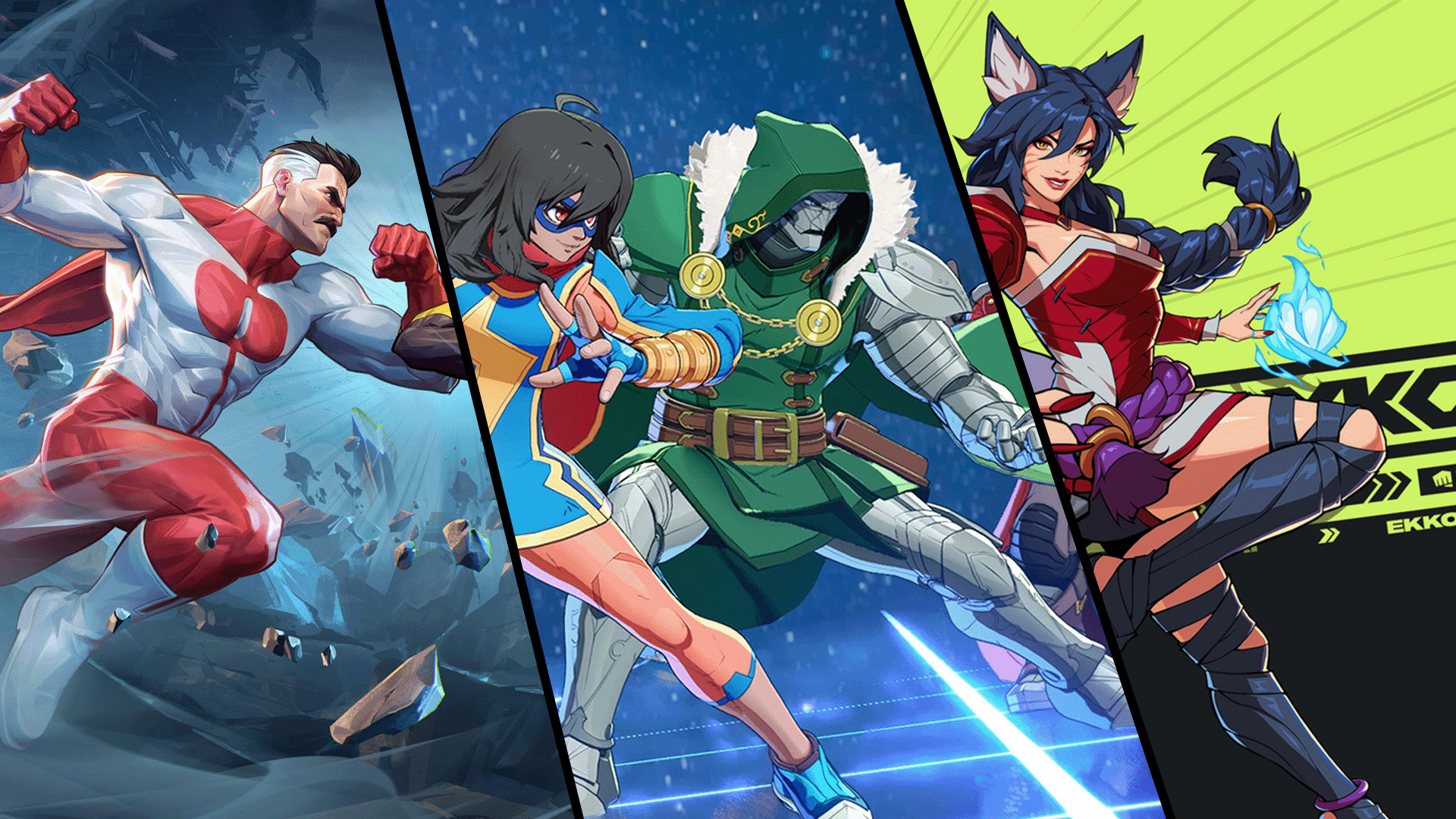
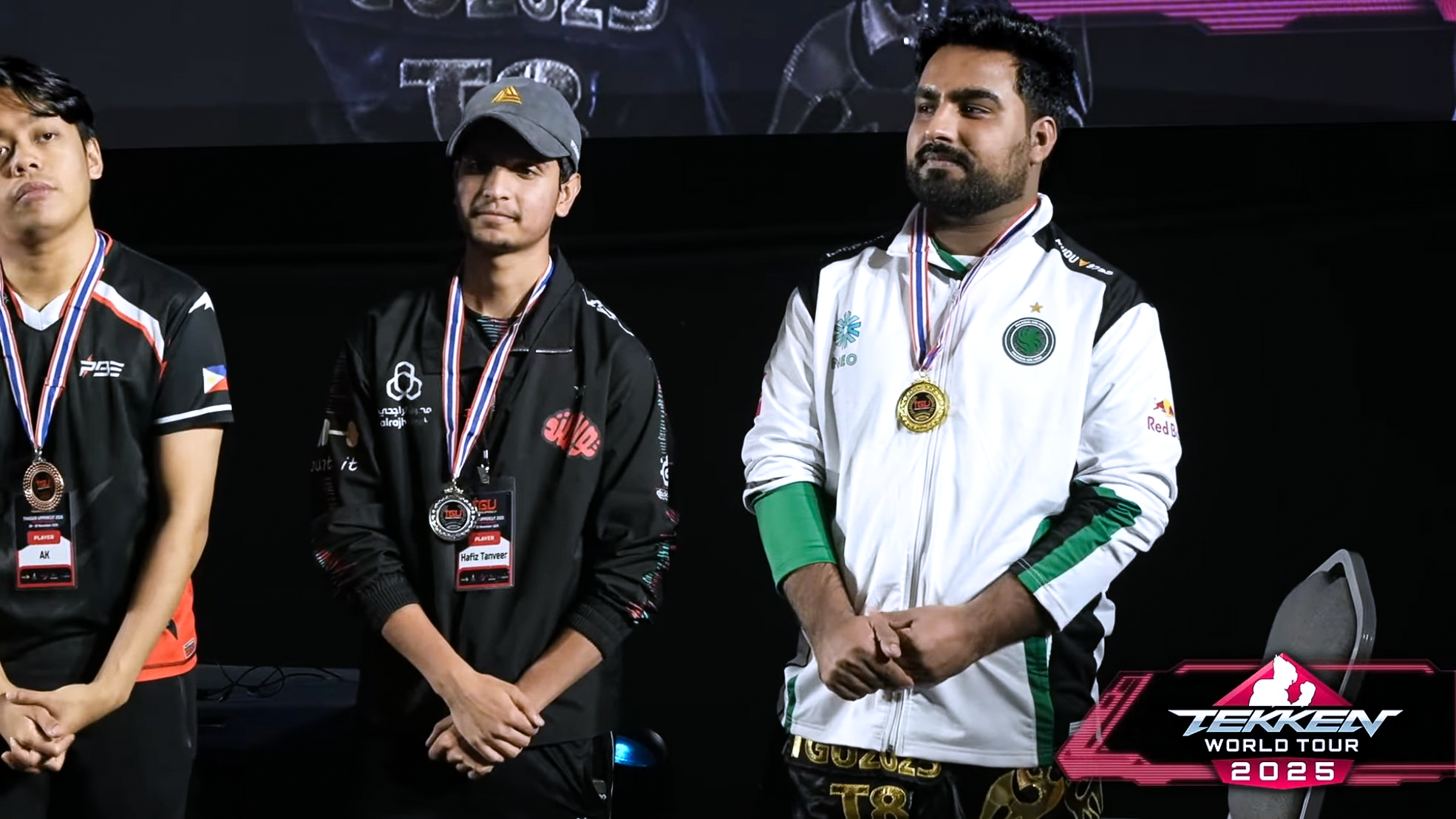
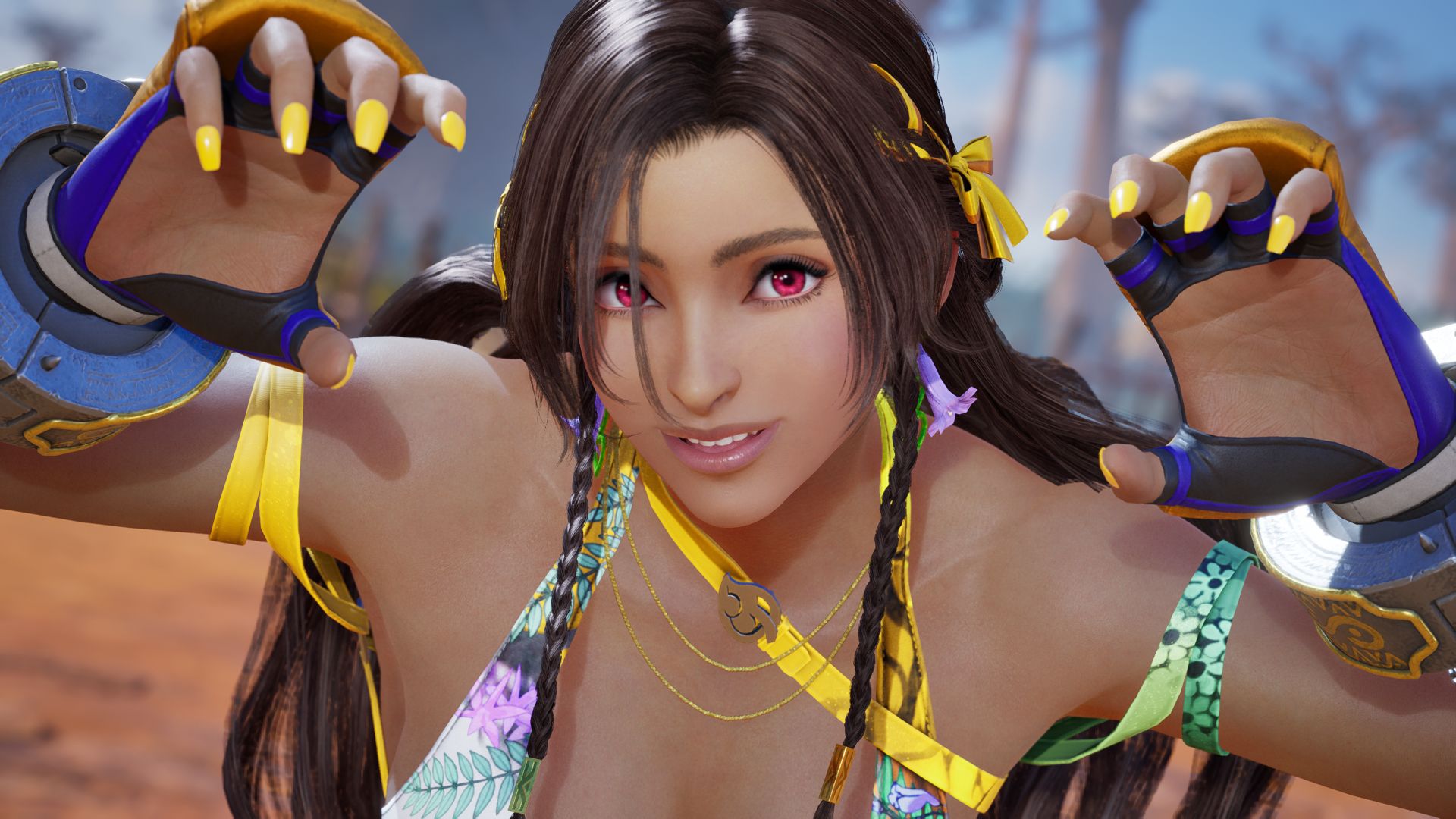
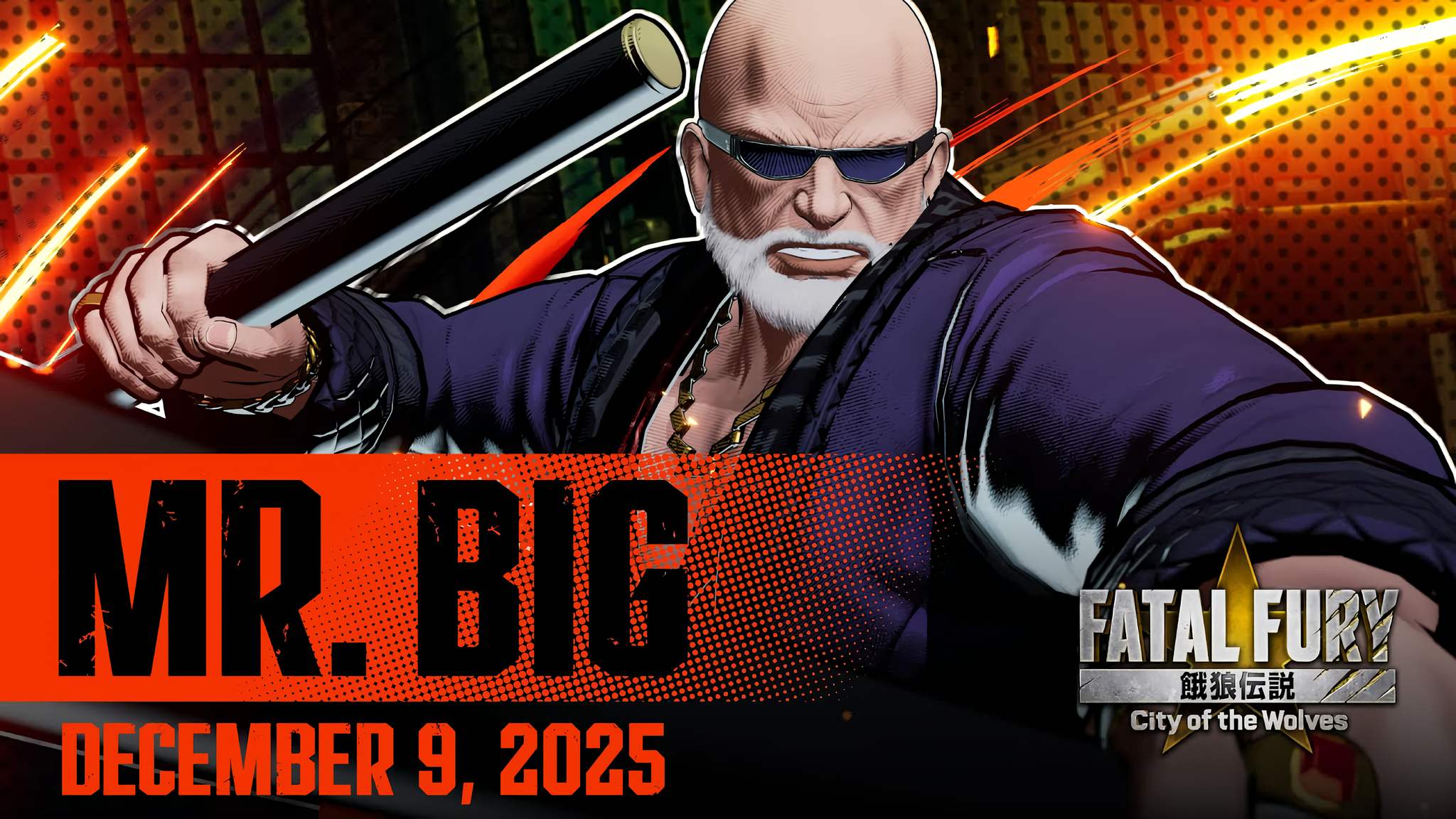
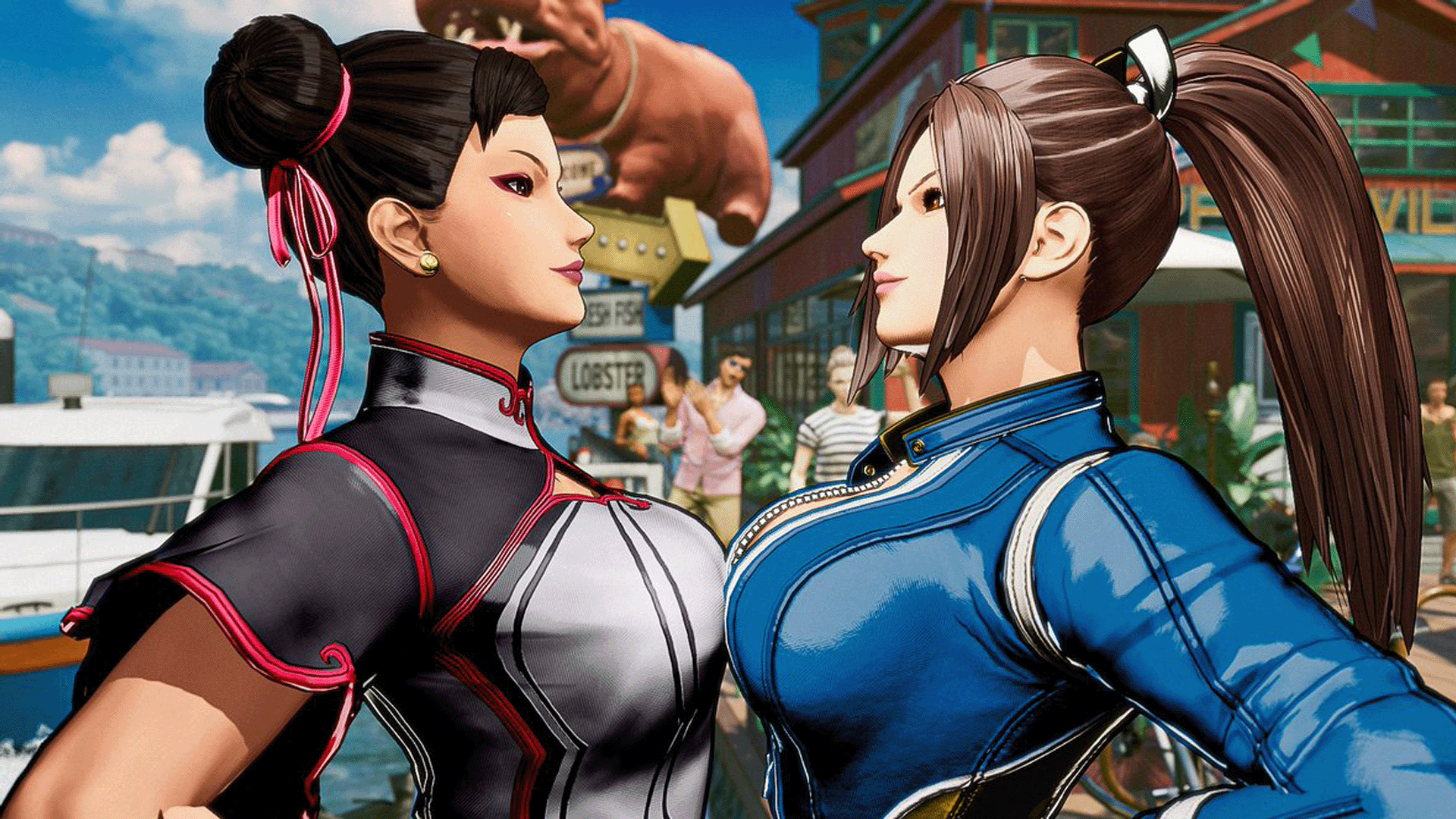
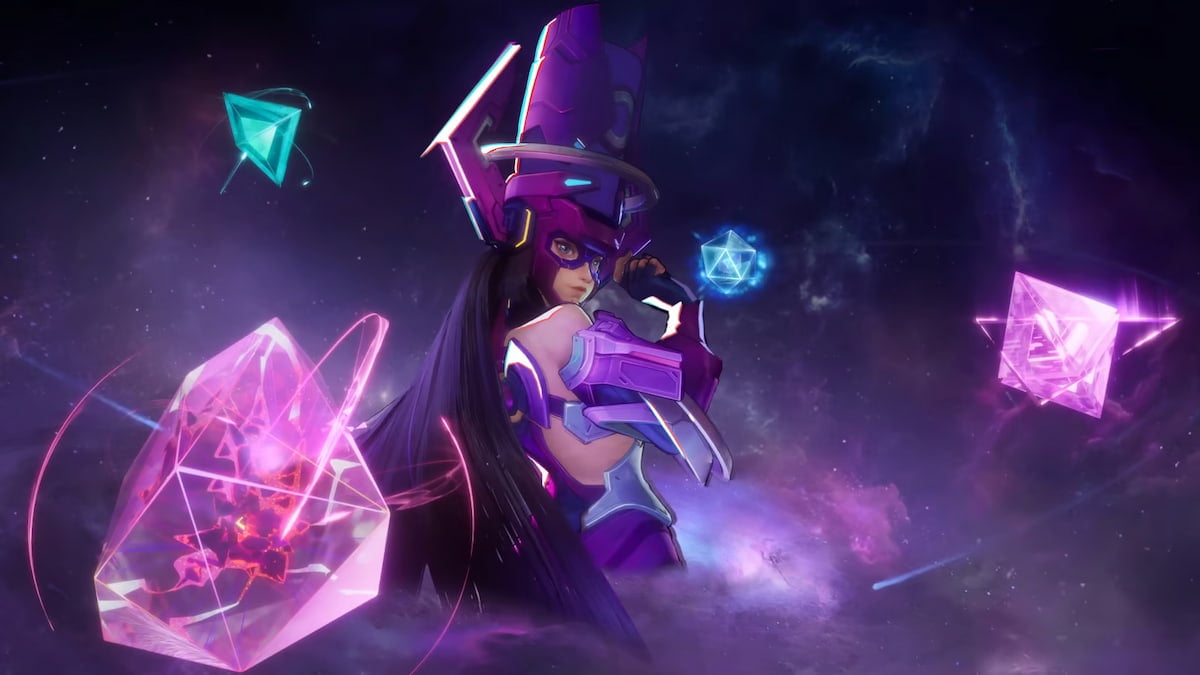



Published: Mar 27, 2022 10:40 pm